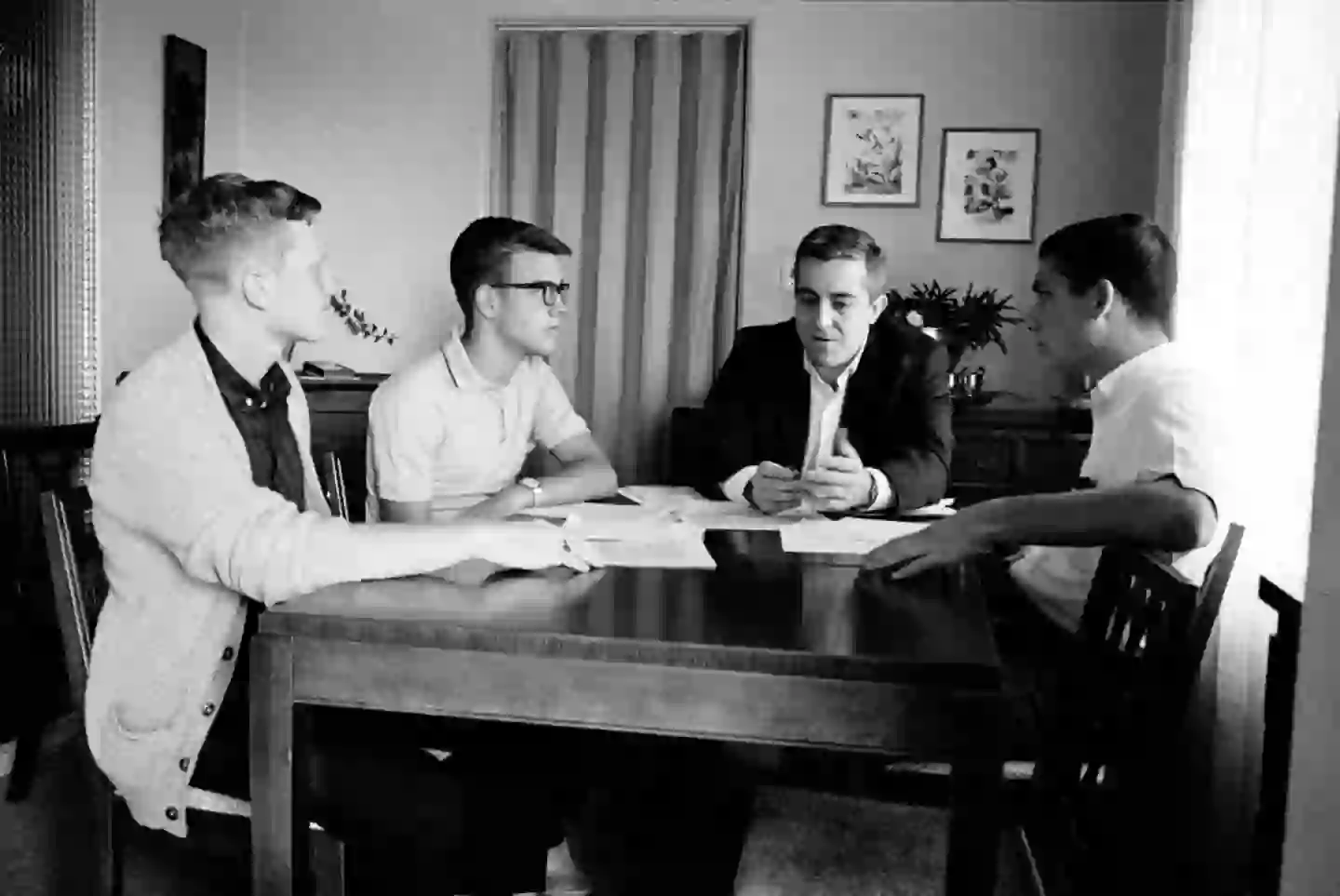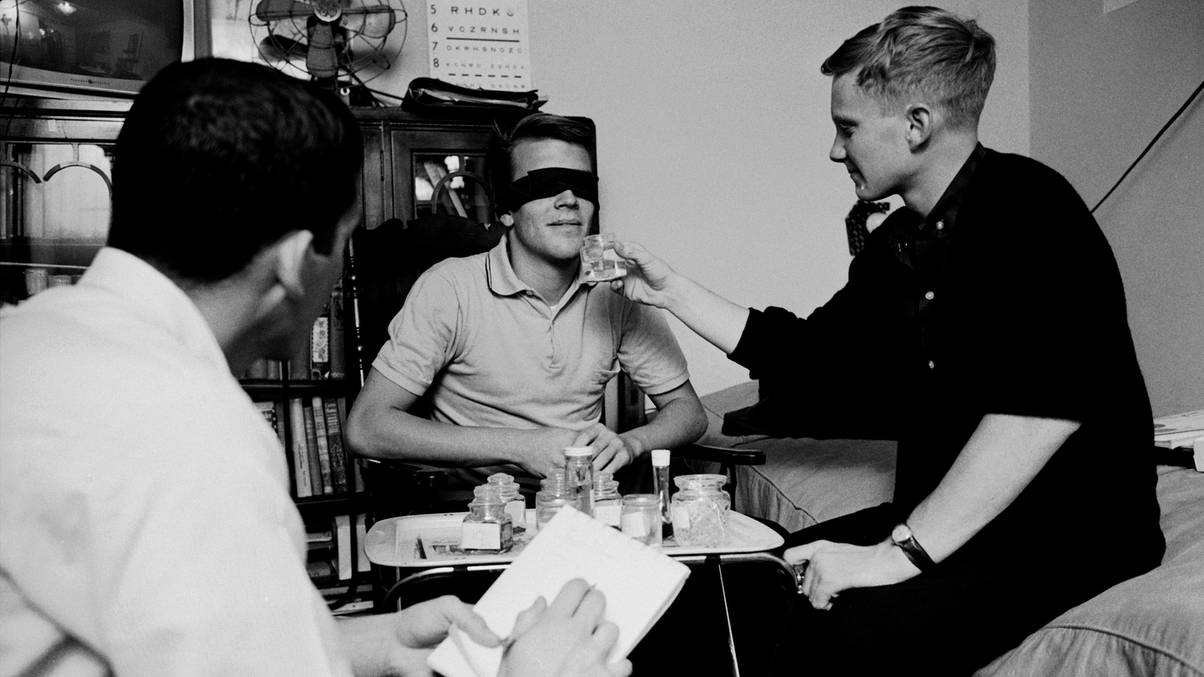The Shocking Consequences of Staying Awake for 264 Hours Straight: What Happened to This Man Will Astonish You
Ever had one of those mornings where six hours of sleep feels like a luxury, and you’re crankier than a cat in a bathtub? Now, imagine skipping all sleep—not just for one night, but for a staggering 11 straight days. Yes, you heard that right. Back in 1963, 17-year-old Randy Gardner set a sleep deprivation world record by staying awake for 264 hours without even a quick nap. While pulling an all-nighter might sound like a rite of passage for teens, Gardner’s feat wasn’t just a teenage prank gone wild—it was an endurance test with some seriously gnarly side effects. With the help of his friends and a guy nicknamed Dr Sleep, he dodged dozing off—but his brain and body paid the price in ways you wouldn’t want to binge-watch, even on Netflix. Curious how he managed it and what it cost him long-term? Let’s dive into this wild sleep saga and see why experts recommend catching those Z’s instead of chasing records. LEARN MORE
I don’t know about you, but if I don’t get at least six hours of sleep, I’m going to be cranky and get very little done the next day.
So the idea of going 11 whole days without even a quick power nap sounds frankly disgusting, and it’s a world record that is never likely to be beaten, or hopefully even attempted, considering it’s stood ever since 17-year-old Randy Gardner completed it back in 1963.
Of course, as a teenager, the idea of pulling an all-nighter is much easier, so long as you can recover the next day and catch up with some time in bed. But Mr Gardner, with the help of his two friends and a local expert known as Dr Sleep, managed to avoid dozing off even once in a world-record 264 hours.
Experts these days recommend we get between seven and nine hours each night if we want to avoid an ‘early death’ but there are plenty of folks who still spend too much time in bed scrolling TikTok or Netflix.

Randy has struggled with side effects throughout his life (YouTube/Guinness World Records)
Perhaps it was beneficial that Mr Gardner probably only had a TV with a few channels to choose from back in 1963, especially as it means he can avoid some of watching the crazy stuff we have on our boxes these days.
He instead opted to stay awake using mental tests, playing pinball, and taking hot and cold showers, with loud music almost always playing, which is never going to have a good long-term impact.
It took just 72 hours for some serious health problems such as memory loss, hallucinations, and paranoia to kick in.
Speaking on the Guinness World Records YouTube account, he said: “About the fourth or fifth day, I was like-are you kidding me, this is hard.
“By then it had gotten out to the newspapers and the wire services picked it up and it was too late, I couldn’t back out.
“So there I was, stuck in this thing. So I thought, let’s do it, let’s do the 11 days.”

Dr. William Dement talks with American students Bruce McAllister, Randy Gardner, and Joe Marciano Jr (Don Cravens/Getty Images)
The trio had the idea in the first place in an attempt to win a science fair but it quickly became clear that the side effects weren’t worth the potential first prize, or world record.
By the end of the 11 days, by which time he’d gone a ridiculous 264 hours and 25 minutes without sleep, Mr Gardner was experiencing memory loss, slurred speech, and hallucinations, while also struggling with his coordination.
At the end of it all, he slept for just 14 hours and woke up naturally, saying he didn’t feel groggy at all, which feels like a lucky escape given everything he was suffering from.
He has previously opened up about some of the other struggles he’s faced throughout his life, which included insomnia, and he feels that the experiment is to blame.
“I was awful to be around. Everything upset me. It was like a continuation of what I did 50 years ago,” he said.


















